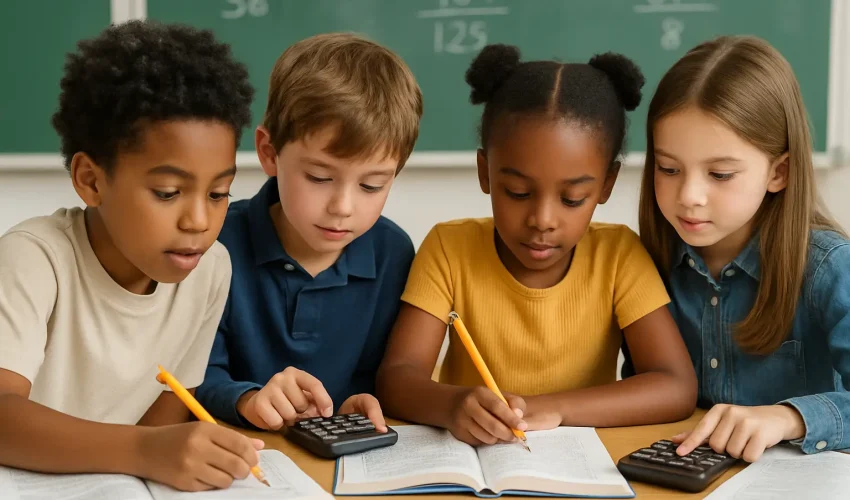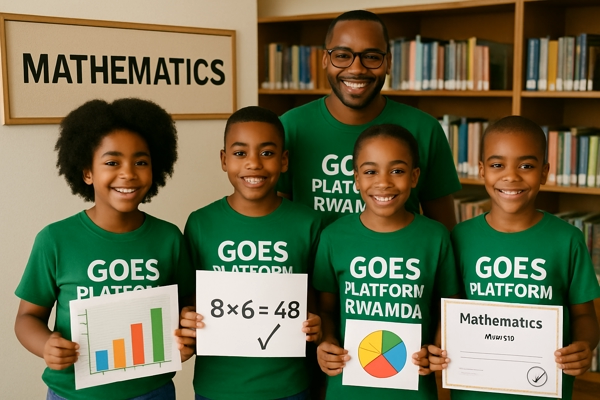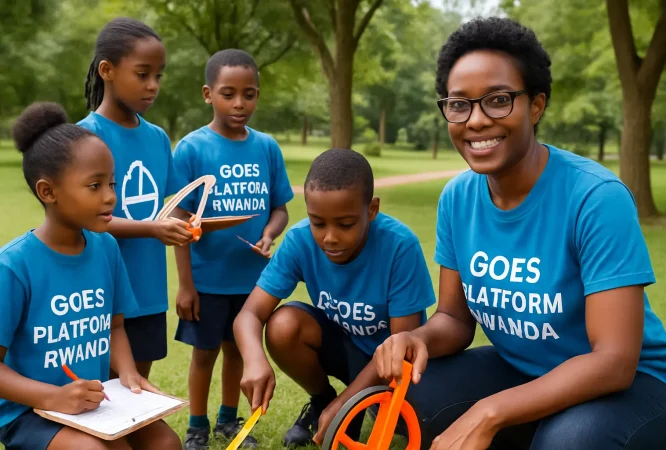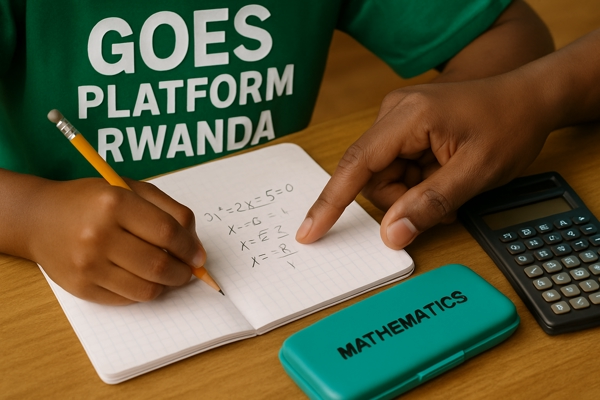🏫 PRIMARY 4–6 DEBATE COURSE OUTLINE

Get unlimited access to all learning content and premium assets Membership Pro
🌍🎤 Primary 4-6 Course: Debate & Confident Communication
Welcome to our Primary 4-6 Debate & Confident Communication Program where young learners develop the skills to express themselves clearly, think critically, and engage respectfully with diverse perspectives.
This course empowers students to become articulate speakers and active listeners, while deepening their understanding of structured discussion, logical reasoning, and collaborative dialogue.
With topics ranging from argument-building and public speaking to debate etiquette and peer evaluation, learners build the confidence and competence they need to share their ideas effectively and contribute meaningfully in any setting.
📘 What Learners Will Explore:
-
Foundations of debate: roles, rules, and respectful communication
-
Building strong arguments using the Point–Example–Explanation model
-
Polite language for agreeing, disagreeing, and transitioning between ideas
-
Voice projection, eye contact, posture, and confident delivery
-
Preparing for and participating in full-class debates
-
Self-reflection and peer feedback for continuous growth
Weekly lessons are interactive, practical, and grounded in real-world communication scenarios all aligned with national literacy and speaking curriculum goals.
🧠 The 4Cs in Action:
-
Critical Thinking: Analyzing topics, constructing logical arguments, and evaluating evidence
-
Creativity: Brainstorming ideas, developing examples, and presenting persuasively
-
Communication: Speaking clearly, listening actively, and using respectful debate language
-
Collaboration: Working in teams, supporting peers, and participating in group discussions
🌟 Let’s raise confident, respectful, and thoughtful communicators who will shape the future with clarity and courage.
- 9 Sections
- 39 Lessons
- 10 Weeks
- UNIT 1: What is a Debate?This unit introduces learners to the concept of debate, explaining what it is, why people debate, and how it helps in developing critical thinking and communication skills. Learners will understand the difference between formal and informal debates and the importance of respectful communication.4
- UNIT 2: Debate Roles and TermsThis unit helps learners identify and understand the different roles in a debate such as Chairperson, Proposer, Opposer, Judge, Timekeeper, and Audience. They also learn key debating terms like motion, argument, point, and conclusion through role-play and matching activities.4
- UNIT 3: Developing ArgumentsLearners will be guided on how to form clear and logical arguments using the “Point → Example → Explanation” model. They will learn the difference between fact and opinion and how to support their ideas with examples and reasoning.5
- UNIT 4: Debate Language and EtiquetteThis unit focuses on developing learners’ debating language and etiquette. Students learn polite expressions, sentence starters, and speaking skills such as voice projection, eye contact, and confident posture.11
- 4.1Lesson 0: Debate Greetings and Opening Phrases
- 4.2Lesson 1: Agreeing and Disagreeing Politely
- 4.3Useful phrases:
- 4.4“I agree because…”
- 4.5“I disagree because…”
- 4.6“In my opinion…”
- 4.7“My next point is…”
- 4.8“Therefore, I believe…”
- 4.9All Above Useful Phrases Together
- 4.10Lesson 2: Speaking Skills – Voice, Posture, and Confidence
- 4.11Lesson 3: Practice Mini Speeches in Pairs
- UNIT 5: Preparing for a DebateLearners will practice preparing for an actual debate by selecting topics, forming teams, writing short speeches, and rehearsing introductions and conclusions. This unit builds organization and teamwork skills.5
- UNIT 6: Conducting a DebateThis unit allows learners to conduct a full classroom debate, applying what they have learned in real practice. All roles are performed by students while the teacher supervises, ensuring proper time management and order.3
- UNIT 7: Reflection and EvaluationLearners reflect on what they learned from the debate experience. They evaluate their confidence, communication, and teamwork skills using a self-assessment checklist and peer feedback.2
- UNIT 8: Final Debate DayThis unit marks the culmination of the debate course. Students participate in a final debate competition where judges use a scoring sheet to assess performance. The unit concludes with certificate awards and a closing speech from the Chairperson and teacher.4
- After CompetitionThe event ended with judge feedback, recognition of winners, and reflections that encouraged participants to strengthen their communication and critical thinking skills.1
Get unlimited access to all learning content and premium assets Membership Pro
You might be interested in
-
All levels
-
1 Student
-
109 Lessons



